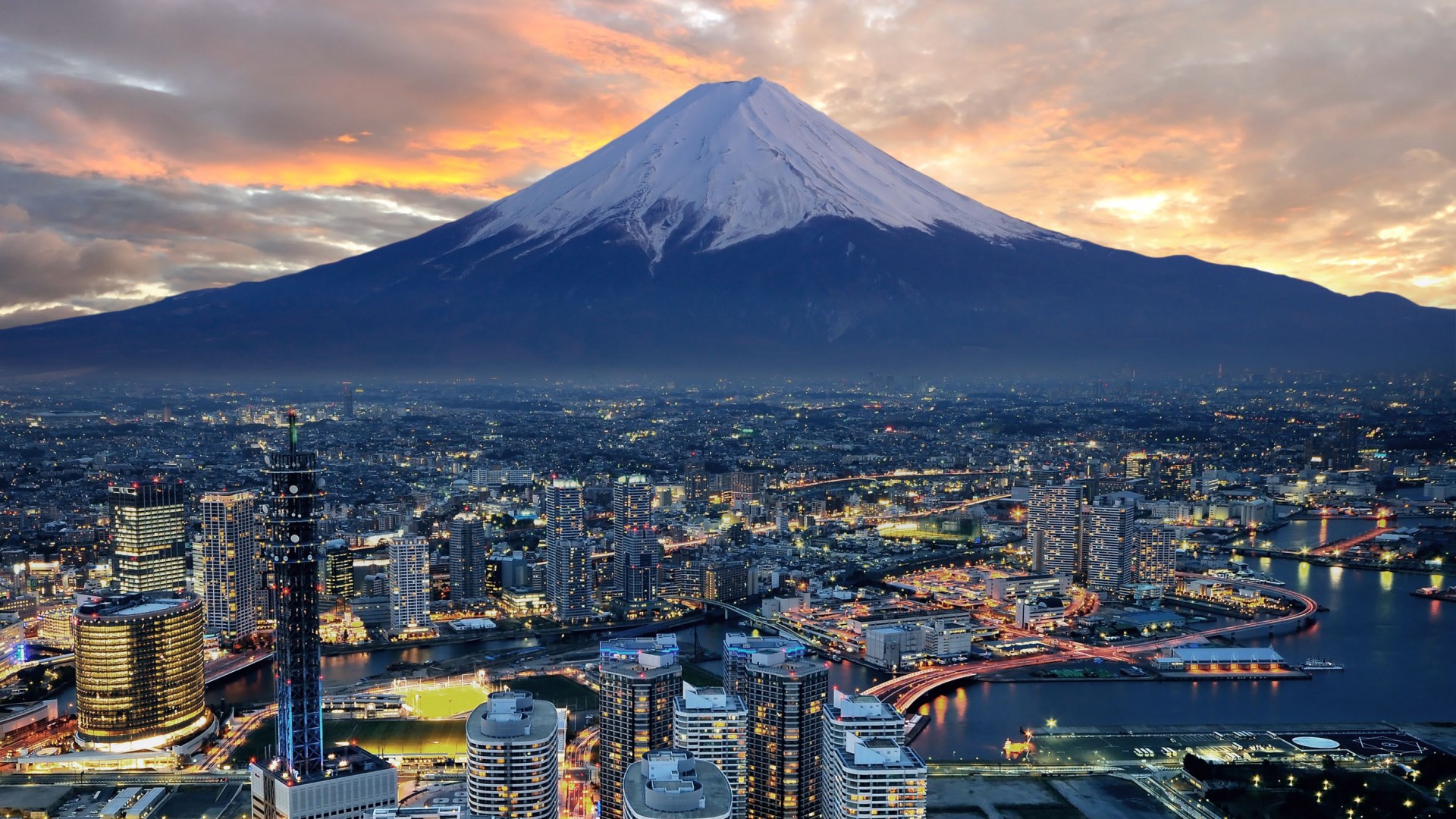Health benefits of Japanese Cuisine
While the fact that French are healthier despite the fact that they are known to be cigarette smokers, cheese eaters and wine drinkers raises many eyebrows; very few people are surprised to know that actually Japanese people are among the most healthiest in the world. Japanese men and women tend to live longer as compared to other countries.
Also, Japanese have a lower rate of cancers, heart diseases and other modern preventative diseases. Japanese are known to live longer and stay healthier and more active even in their old age. It is because; the Japanese cuisine is high on nutritional value. Japanese diet is made up of low fat, high carbohydrate and protein-rich foods that are loaded with nutrients and antioxidants.
Also, Japanese strictly follow the proverb “hara hachi bunme”, which means “stop eaten when you are 80% full.” This means that Japanese meals are small as opposed to our all you can eat or super-sized meal mentality. Japanese eat slowly and believe in appreciating their meals not only for their spectacular taste but also for their beautiful presentation.
Today, the cuisine is gaining acceptance in India as well and there are many world-renowned Japanese Restaurants in Delhi, Mumbai, Bangalore and other metro cities that offer the authentic Japanese fare. But these restaurants can fall short on your expectation because of many reasons-of which the main is the non-availability of ingredients in India.
Fish is one of the major staple foods of Japan and fish supplies the body with lots of omega 3 and omega6 fats that help in proper functioning of body and mind. Japanese eat a lot of fish every week and less of red meat as opposed to other countries. According to a study, including a serving of tuna or salmon two to three times a week in your diet can reflect major health benefits.
Sashimi is also a good option as it is lower in fat because it isn’t cooked and has more nutritional value the vitamins and minerals present in it are not being cooked away. Japanese food also focused more on including plant-based proteins and the best source for that is tofu. Made from Soybeans, tofu is low in saturated fat and rich in protein and calcium. Tofu does not have a taste on its own but acquires the taste when mixed with flavour or any other sauces. Japanese diet also includes Rice, which is again their main staple.
Rice is a good source of carbohydrates and is cooked with soups, vegetables, meats and fish. Their diet also includes a large amount of vegetables such as kale, cabbage, radish, ginger, cress, broccoli, etc. and these vegetables are good at keeping away various types of cancers.
Moreover, Japanese food is always accompanied with green tea. Green tea is loaded with powerful antioxidants that work best at lowering cholesterol level and blood pressure. Green Tea also lowers the risk of stroke and heart disease.
Being healthy does not mean that Japanese food isn’t tasty.
Sources: http://www.thecityguide.in






